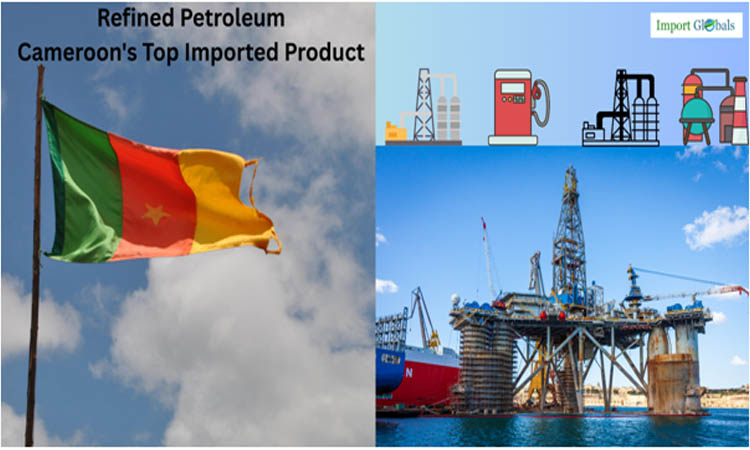
- Jun 06, 2025
A Detailed Study of Refined Petroleum, Cameroon's Top Imported Good
Despite having abundant natural resources, especially crude oil, Cameroon is paradoxically becoming more and more dependent on imported refined petroleum. Refined petroleum is the most valuable and most often imported commodity in Cameroon as of 2024, according to research by Import Globals on Cameroon Import Data. The economy, energy security, and foreign policy are all significantly impacted by this dependency.
This blog delves deeply into Cameroon's refined petroleum import patterns, looks at the nation's trading relationships, considers the strategic and economic ramifications, and offers a prediction for the future based on available data.
Overview of Cameroon's Imports of Refined Petroleum
The term "refined petroleum" describes processed goods made from crude oil, including liquefied petroleum gas (LPG), gasoline, diesel, and aviation fuel (jet fuel). Despite producing crude oil, Cameroon lacks the industrial capacity to effectively refine it.
The only significant refinery, SONARA (Société Nationale de Raffinage), has experienced some operational and financial difficulties, including a devastating fire in 2019 that significantly reduced its capacity, according to a report by Import Globals on Cameroon Import Data. Since then, to meet its local demands, Cameroon has become more reliant on imported refined petroleum.
According to Import Globals' Cameroon Import Trade Analysis, this dependence is caused by rising energy consumption in all spheres of the economy, including households, power generation, transportation, and agriculture, in addition to industrial constraints.
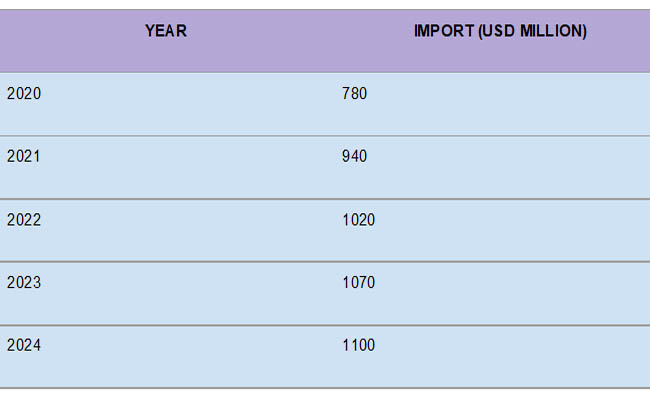
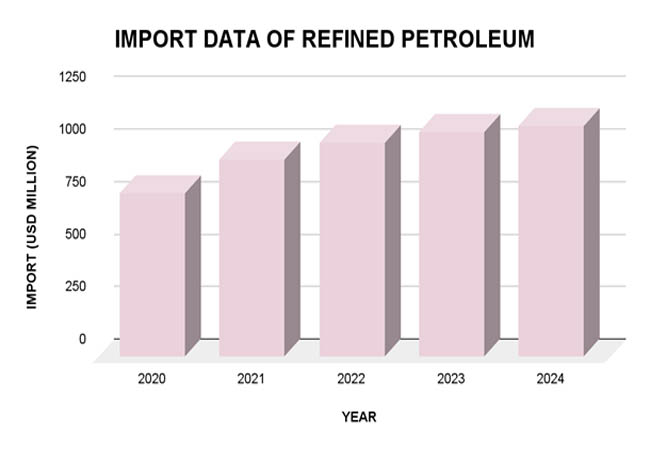
Top Import Partners of Cameroon
Cameroon primarily purchases refined petroleum from developed and oil-refining countries. These partners are selected based on advantageous trade terms, supply capacity, and geographic accessibility. According to Import Globals' Cameroon Import Trade Statistics, these nations primarily transport petroleum goods via seaports such as Douala Port, Cameroon's largest, which stores and distributes refined fuel all around the country.
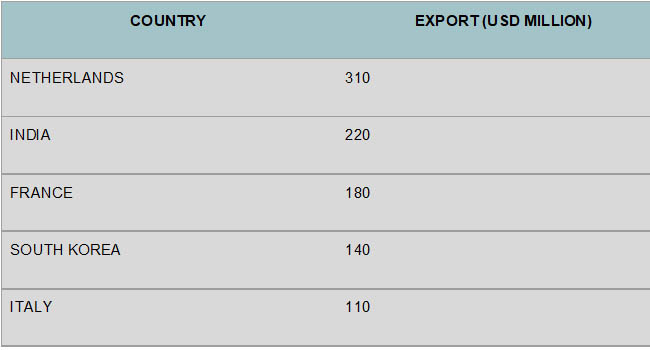
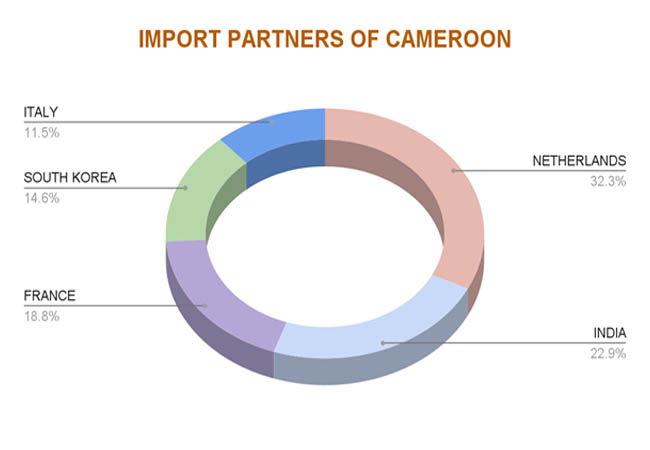
Why Cameroon's Transportation Backbone Needs Refined Petroleum?
Diesel and gasoline power the majority of Cameroon's public and private transportation networks. Refined petroleum is essential for everything from interstate buses to Yaoundé's moto-taxis.
- Energy for Industry: Due to an inadequate electrical system, many companies and enterprises in Cameroon rely on diesel-powered generators to run their operations, according to Cameroon Export Import Global Trade Data by Import Globals.
- Agricultural Equipment: Petroleum products are necessary for the operation of tractors, irrigation systems, and transport vehicles.
- Domestic Cooking Fuel: In urban homes, LPG has emerged as a safer and more effective substitute for firewood and charcoal.
- National Stability: As demonstrated by past crises, fuel shortages can lead to public unrest, so ensuring a consistent supply is essential for sociopolitical stability.
Economic and Strategic Consequences
- Foreign Exchange Strain: Refined petroleum imports contribute to trade deficits by costing more than $1 billion in foreign exchange each year.
- Price Volatility Risks: According to a study by Import Globals on Cameroon Import Export Trade Data, the country's economic stability is dependent on volatile world oil prices that are impacted by OPEC actions and geopolitics.
- Infrastructure Pressure: Inefficient storage and distribution systems can result in localized gasoline shortages.
- Policy Dependency: Although the nation's gasoline subsidy scheme protects consumers from excessive costs, it places a strain on public coffers.
Trend for Forecasting: 2025–2028
Unless local refining capacity improves significantly, Cameroon's import demand for refined petroleum is expected to rise continuously, according to a report by Import Globals on Cameroon Import Export Global Data. However, government measures to revitalize SONARA, investigate private-public partnerships for refineries, and promote the adoption of solar energy may progressively reduce dependency, according to a study by Import Globals on Cameroon Import Data.
Important Growth Drivers:
- Increasing urbanization
- An increase in the number of vehicles owned
- Modernization of agriculture
- Postponed execution of energy diversification initiatives
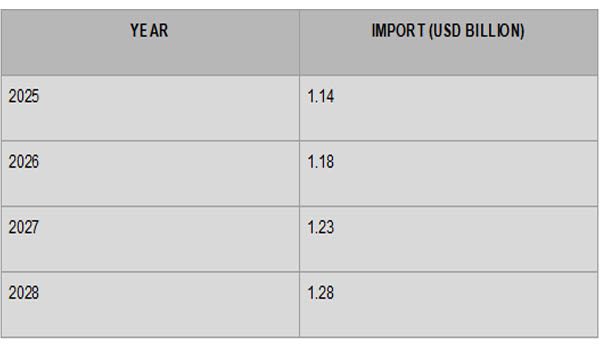
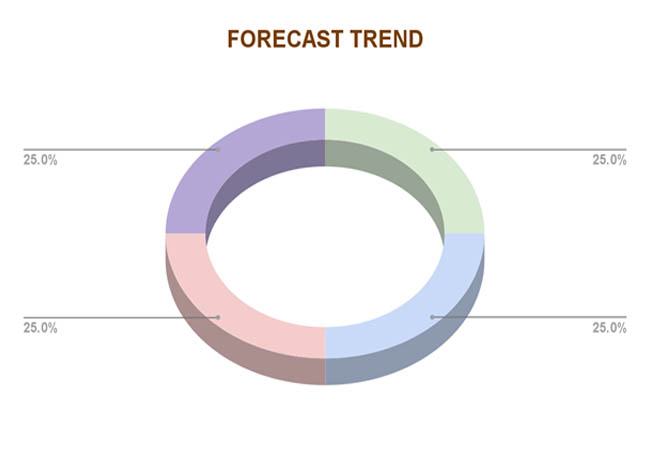
Conclusion
For Cameroon, refined petroleum is more than just an import; it is essential. It is significant in many areas, including domestic use, industry, and mobility. The nation's reliance, however, reveals significant weaknesses in the energy infrastructure and policy resilience, according to Import Globals on Cameroon Import Trade Analysis.
To lessen vulnerability, Cameroon has to:
- Restore and increase its capacity for refining.
- Spread out your energy sources (biogas, hydro, and solar).
- Construct infrastructure for fuel distribution and storage.
- Justify subsidies to free up funds for the construction of infrastructure.
- Import requirements must be balanced with independent production and renewable energy sources for long-term energy security.
If you are looking for detailed and up-to-date Cameroon Import Data, You Can Contact Import Globals.
FAQs
Que. Despite having oil reserves, why does Cameroon purchase refined petroleum?
Ans. There aren't enough fully operational domestic refineries in Cameroon to turn crude oil into usable fuel on a nationwide basis.
Que. What is Cameroon's yearly import of refined petroleum?
Ans. About USD 1.1 billion worth of refined petroleum is imported into the nation each year as of 2024.
Que. Who are Cameroon's primary refined fuel importers?
Ans. The Netherlands, India, France, South Korea, and Italy are among the top providers.
Que. How do subsidies affect imports of petroleum?
Ans. Although subsidies help citizens afford fuel, they also put a burden on government coffers and may result in supply delays.
Que. Is Cameroon making efforts to lessen this reliance?
Ans. Yes, there are plans to restructure SONARA, import large quantities of LPG, and promote investments in renewable energy.
Que. Where to obtain detailed Cameroon Import Data?
Ans. Visit www.importglobals.com or email info@importglobals.com for more information on up-to-date Cameroon Import Data.
